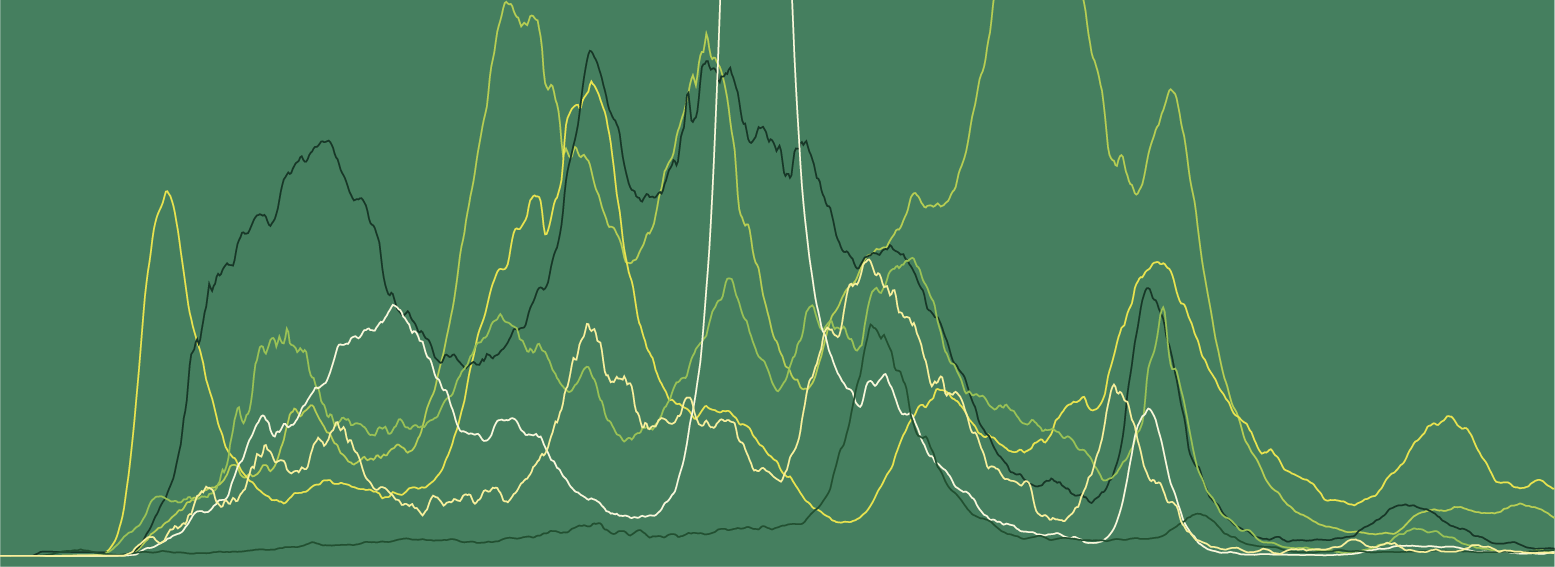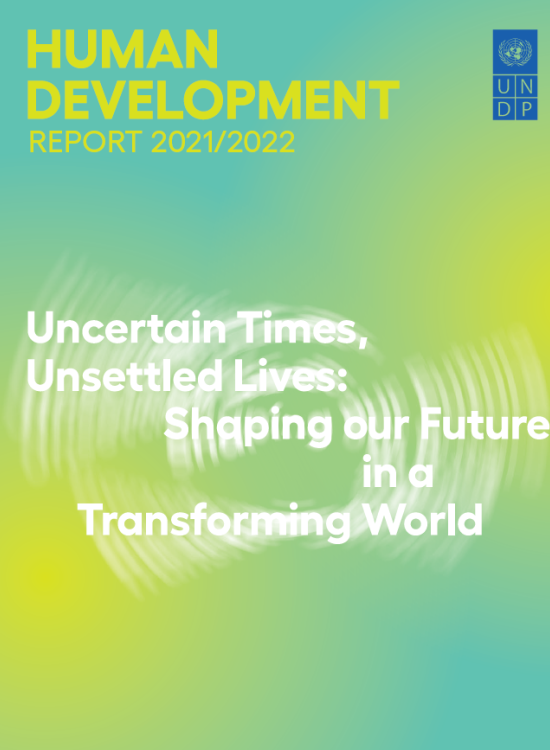3.122 - AMICOR (25)
#Dra. Valderês Antonietta Robinson Achutti (*13/06/1931+15/06/2021)
Ainda em Portugal 1998, numa excursão. Não lembro de mais detalhes, mas o que importa é que pela expressão do olhar, parecia feliz!...

TIMELY, RELIABLE DATA ON GLOBAL HEALTH FINANCING AND SPENDING
Key findings from FGH 2021
![]()
Total global health spending in 2019
$9.2 trillion
This includes spending by governments, individuals, private companies, and development agencies, and represents a 3.1% increase from the year before.
59.8% of total Spending on health from all levels of government, in public and private facilities. |
21.5% of total Spending from insurance companies directly to the health system (does not include premium payments or insurance company profits). |
18.2% of total Out-of-pocket spending includes payments from individuals directly to the medical system, not paid in advance. |
0.5% of total Support provided through major development agencies to improve and maintain health in low- and middle-income countries. |
HUMAN DEVELOPMENT REPORT 2021-22
Uncertain Times, Unsettled Lives: Shaping our Future in a Transforming World
We live in a world of worry. The ongoing Covid-19 pandemic, having driven reversals in human development in almost every country, continues to spin off variants unpredictably. War in Ukraine and elsewhere has created more human suffering. Record-breaking temperatures, fires, storms and floods sound the alarm of planetary systems increasingly out of whack. Together, they are fuelling a cost-of-living crisis felt around the world, painting a picture of uncertain times and unsettled lives.
Uncertainty is not new, but its dimensions are taking ominous new forms today. A new “uncertainty complex” is emerging, never before seen in human history. Constituting it are three volatile and interacting strands: the destabilizing planetary pressures and inequalities of the Anthropocene, the pursuit of sweeping societal transformations to ease those pressures and the widespread and intensifying polarization.
This new uncertainty complex and each new crisis it spawns are impeding human development and unsettling lives the world over. In the wake of the pandemic, and for the first time ever, the global Human Development Index (HDI) value declined—for two years straight. Many countries experienced ongoing declines on the HDI in 2021. Even before the pandemic, feelings of insecurity were on the rise nearly everywhere. Many people feel alienated from their political systems, and in another reversal, democratic backsliding has worsened.
There is peril in new uncertainties, in the insecurity, polarization and demagoguery that grip many countries. But there is promise, too—an opportunity to reimagine our futures, to renew and adapt our institutions and to craft new stories about who we are and what we value. This is the hopeful path forward, the path to follow if we wish to thrive in a world in flux.
| ||||||||||||||||||
| ||||||||||||||||||
|











No comments:
Post a Comment